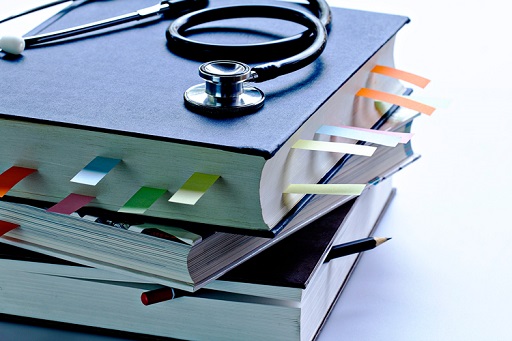RESPIRATORY SYSTEM ::
Respiratory System is the system through which every cell in the body receives its oxygen and excretes its carbon dioxide (co2) Lungs inhale and exhale the air through the respiratory passages starting from nasal cavities nasopharynx larynx trachea bronchi bronchioles and finally to alveoli This breathing in (inspiration ) and breathing out (expiration) of air through lungs is External Respiration The air is exchanged in for oxygen and out for Co2 in the alveoli and through capillaries is carried to each and every cell of the body this exchange of gases at the cellular level is described as internal Respiration
Functions of Respiration ::
1. Interchange of Gases :: To carry o2 from the lungs to the tissues for internal respiration and to bring back Co2 to the lungs for excretion through expiration
2.Maintenance of pH : This function is carried out by balancing excretion of CO2
3.Maintenace of Circulation : It affects the heart rate and cardiac output Blood pressure also changes during respiration
4.Excretion: Volatile substances like ammonia ketone bodies water vapour and certain drugs like diethylether etc are excreted through expiration
5.Metabolic Function : It helps in maintaining homeostasis of metabolism in the tissue
6. Temperature Regulation : Heat is lost through the expiratory air
7.Water Regulation : Water vapour is partly excreted during expiration from the lungs


0 Comments